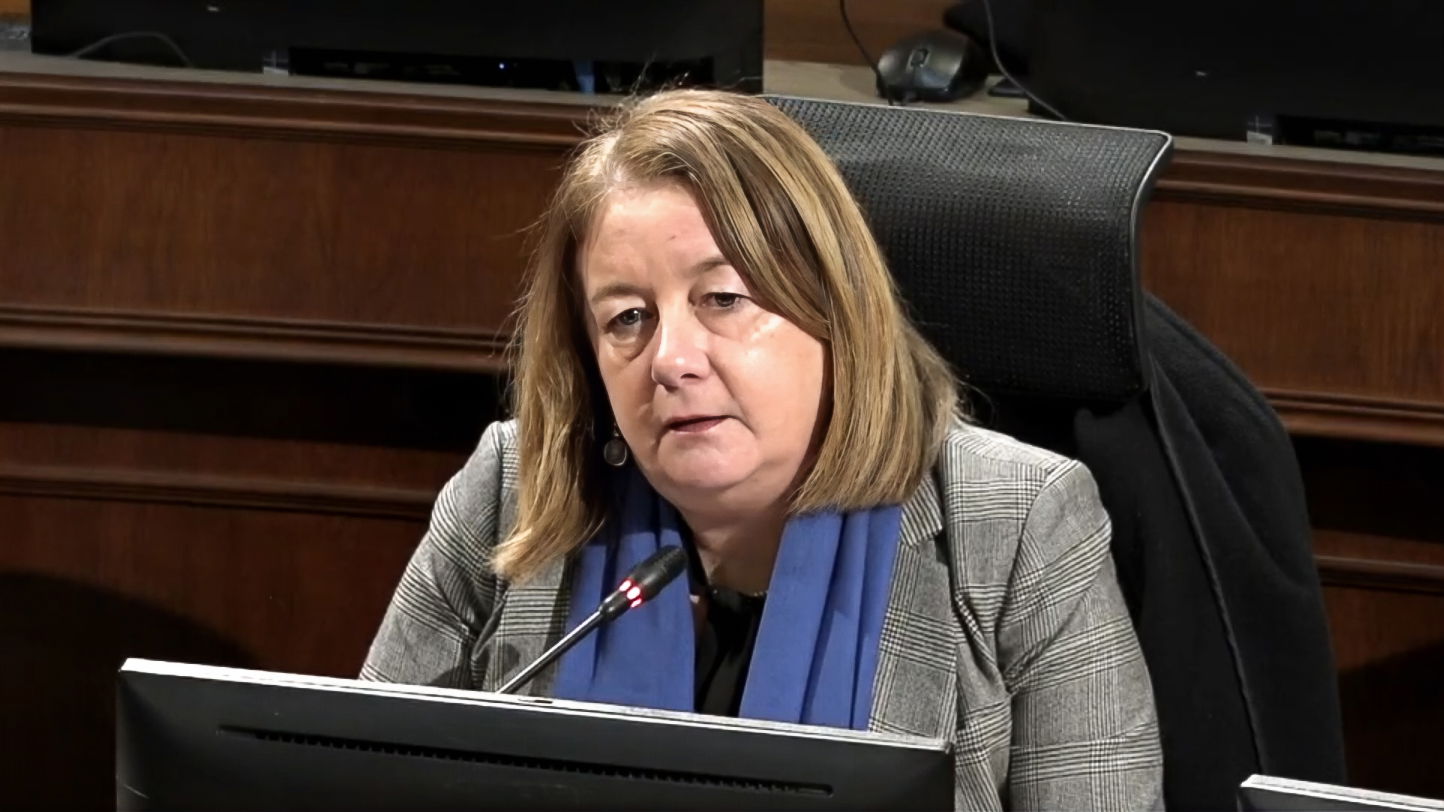Chile: Senate moves forward with bill to regulate online gambling platforms

The Chilean Senate Finance Committee unanimously approved the bill that seeks to regulate the online gaming and betting sector. Now, the initiative will be put to a vote in the Upper House and, if approved, a period will be opened for submitting amendments and then continuing its processing, particularly in the Economy and Finance Committees.
It should be noted that the bill was approved by the Chamber of Deputies in December 2023. Upon reaching the Senate, the bill was sent to both the Economy and Finance Committees, as well as technical committees.
After hearing from a number of authorities and specialists, the Senate Finance Committee approved the initiative in general terms in April 2024. Following this, the Finance Committee took up the matter in July of this year, also hearing from a number of speakers.
Among the objectives of the project are "to protect the health and safety of those who gamble" and "to create conditions that allow for a competitive market between these and the currently legal forms of gambling," such as the Chilean Charity Lottery, the Concepción Lottery, casinos, and horse racing.
In addition, the law also aims to "ensure transparency regarding the origins and destination of the resources obtained through these platforms," as well as to contribute to tax collection.
Heidi Berner
In this context, Undersecretary of Finance Heidi Berner addressed the comments made by representatives of iGaming companies and defended the tax burden proposed in the text, which includes a 19% Value Added Tax (VAT).
"We carried out an exercise with the Superintendency of Gaming Casinos based on public information from the financial statements of some of the large betting platform companies operating in different parts of the world, and including the 19% VAT, we find that the tax burden does not exceed 28%. The legislative debate will resolve whether the levy should be this or any other," she explained.
"The way in which this tax burden is being calculated incorporates generally applicable taxes such as VAT, which operates with a credit and debit rule necessary to generate income. Furthermore, we believe that we cannot incorporate exceptions to this tax, given that we apply VAT to all digital services, whether from local or foreign providers," he continued.
Regarding responsible gaming policies, Berner emphasized that "the goal is to prevent children and adolescents from gambling," so one of the objectives of the project is to incorporate rules to allow the blocking of platforms and restrictions on gambling and betting in all their forms, including biometric identification, payment method blocks, and other technological tools.
The Chilean government official also noted that "all incumbent actors have requested lobbying hearings to propose or suggest amendments to the bill."
Carlos Baeza
Fiscal framework questioned
For his part, lawyer Carlos Baeza, legal representative of the Online Gambling Association, highlighted the progress of the bill in the Senate and urged that "the next stage of the debate focus on aspects that guarantee effective regulation, centered on user protection and sustainable tax collection."
Along these lines, he stated that "the success of this law will be measured by its ability to attract players from the unregulated market to a regulated market."
However, he argued that "an excessive tax burden is inversely proportional to market penetration: the higher the taxes, the lower the percentage of operators that will move from an unregulated market to a regulated market."
"This not only leaves more users unprotected, but also affects tax revenues," he emphasized.
According to estimates by consulting firms, he pointed out that "a model without VAT, with an average global tax burden of 22%, could increase revenue by 50% and, crucially, would increase the number of protected users by 75% by integrating them into the regulated market."


















